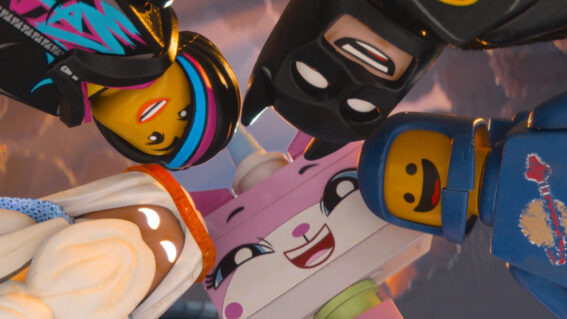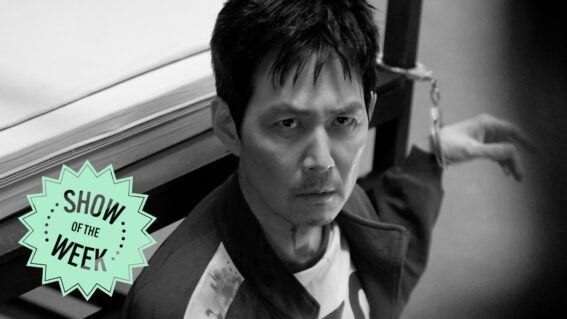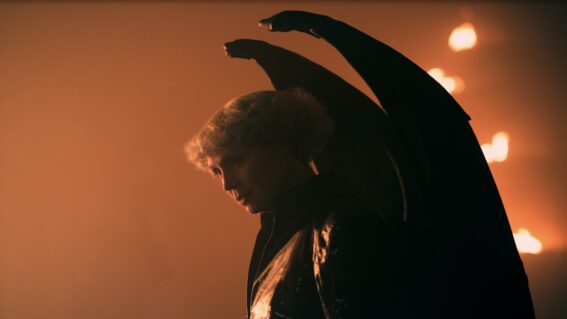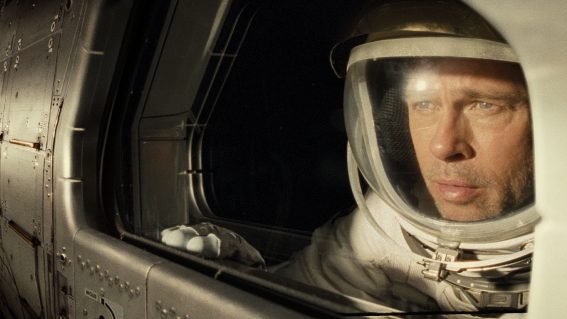His body, his choice: somehow, Arnie’s pregnancy comedy Junior became culturally relevant
The 1994 comedy about a pregnant Arnie was dismissed as pure gimmick—but now it holds an important message.
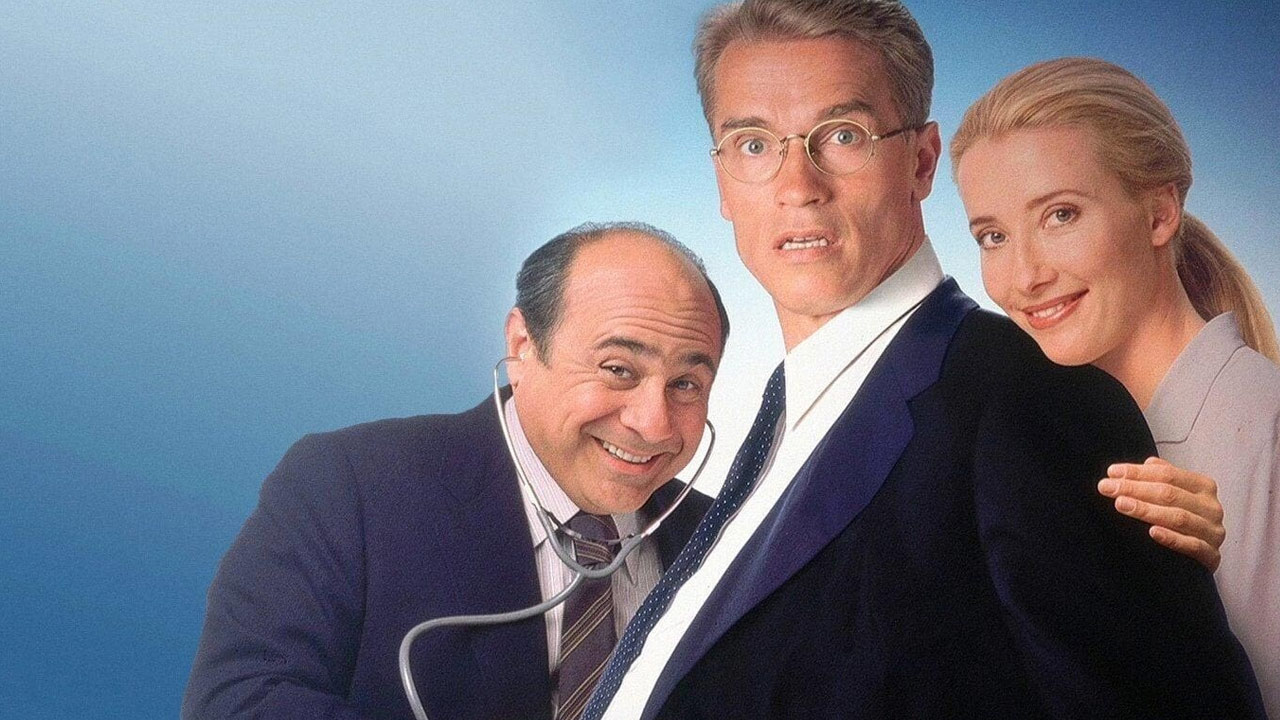
In the era of post-Roe v. Wade, when abortion rights in America have been stripped away, the unthinkable has happened: the formerly dispensible 1994 comedy Junior is now a culturally relevant film with an important message, writes Luke Buckmaster.
I’m here to tell you two things, and I’m not sure which is more contentious. Firstly, Ivan Reitman’s 1994 comedy Junior, perhaps best-known for its poster depicting a pregnant Arnold Schwarzenegger alongside the tagline “Nothing is inconceivable”, is actually a good film. Revered it is not—but Junior is smart, charmingly acted, and entertaining in a rambunctiously daggy sort of way, like an out of control dad joke. If “smart” leapt out at you from the previous sentence, bear in mind that Reitman and his screenwriters (Kevin Wade and Chris Conrad) enter a fraught and complex space, not just telling a story about the first dude in the world to get up the duff, but offering sharp commentary on gender rights and women’s issues.
The film holds up surprisingly well in the present era—a time when many decades-old comedies are watched through the slits of our fingers, sager modern viewers ready to respond with variations of “it was a different world back then…” In fact, Junior holds up too well, which brings me to my second key point. In the era of post-Roe v Wade, when a woman’s constitutionally protected right to have an abortion in America has been stripped away, something strange has happened: this seemingly featherheaded comedy, with the highest of high concepts, has achieved political and cultural currency.
The big cut through moment, when the film has found its groove comedically and ideologically, occurs about 75 minutes in (many spoilers to follow). The villain—Frank Langella’s Noah Banes, who is head of a prestigious university research centre—has finally discovered that one of his research scientists, Schwarzenegger’s Dr. Alex Hesse, is pregnant, having used himself as a volunteer for a new infertility drug. Banes realises what he has on his hands: “the greatest scientific breakthrough in the history of this university.” He muscles up to Hesse and delivers the hard word, declaring “you and your baby are university property now.”
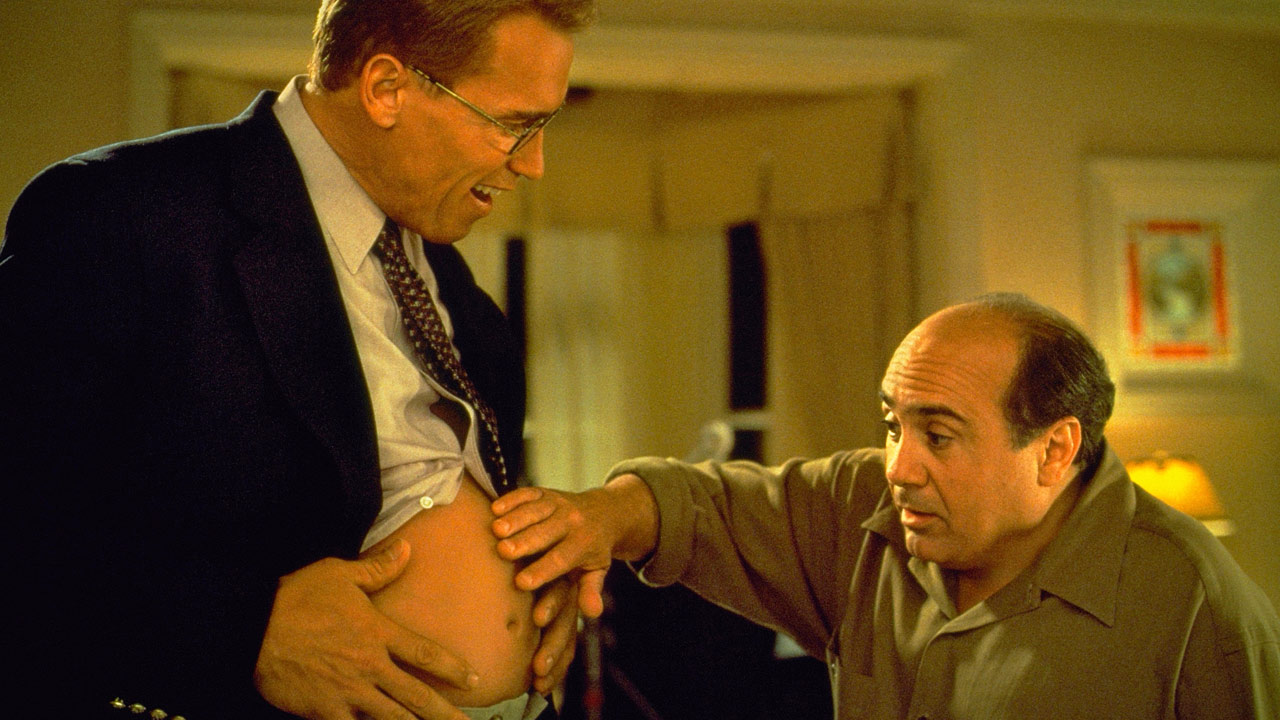
Hesse’s first, and most Arnie-like reaction, is to throw the man across the room. The second is to deliver the film’s crucial line: “My body, my choice.”
Hearing Schwarzenegger say that is, of course, pretty funny. And it’s pretty funny to watch him run away with a big pregnant belly. But there’s no self-consciousness in his delivery. Hesse isn’t making a political point. Nor is he saying this line, a slogan coined by the pro-choice movement, because he wants to terminate the pregnancy. Having grown fond of the idea of birthing a child—and having resisted pressure from his colleague, Danny DeVito’s Dr. Larry Arbogast, to have an abortion—the protagonist is making a simple point: whatever’s inside his body is his to deal with, in the way he pleases.
By reversing the ordinary context of those four words being spoken in support of abortion, the writers make a point that personal choice—liberty—cuts both ways. It’s wrong to insist a fetus must be aborted, and wrong to insist a fetus must not be aborted. This reversal is a different way of approaching the same discussion, and of arriving at the same ethical conclusion: that whoever is carrying a fetus is entitled to decide what to do with it.
In a gleefully weird distortion of the hero’s journey template, Hesse is the reluctant hero who initially refuses the call to adventure before leaping into the great unknown. Early on, he and Arbogast ask the U.S. Food and Drug Administration permission to test their drug, “Expectane,” on human subjects. Not only is their appeal rejected, their funding is scrapped. Desperate to keep the project alive, Arbogast pleads Hesse to take the drug himself, citing a male monkey they experimented on who “went five months to term,” and arguing: “you wouldn’t be pregnant pregnant,” but rather “sort of a guest host.” Included in this spiel is a line that assumes new significance in the post-Roe v. Wade era: “What are we gonna do, let a bunch of Washington bureaucrats stand in the way of progress?”
In multiple scenes that take place in Arbogast’s apartment, where Hesse stays during his pregnancy, The Capitol can be seen in the background—reminding us that the film is engaging in politicized conversation. Conservative politicians always obstruct the path of progress because their modus operandi is to protect oppressive power structures. This is why conservatives are so reluctant to embrace social and political causes that are obviously right, good, decent, and crucial—such as the climate movement and Black Lives Matter. Acknowledging the importance of these movements would mean acknowledging that progressives, broadly speaking, have always been right: that society’s failures and injustice’s ought to be fixed, and the only way to achieve this is through positive change.
If Junior were remade (don’t hold your breath) today, it’s unlikely the director and screenwriters would all be men. I suspect uncredited female screenwriters might have contributed to the script, however, given its heightened awareness of women’s issues and how they’ve historically been viewed through a male heteronormative lens.
In one scene, Emma Thompson’s kind but aloof Dr. Diana Reddin candidly discusses body pain, beginning by lambasting men for being “pathetic, really, when it comes to pain.” Being a woman, she says, involves “a lifetime of leaking, swelling and spotting, smears and crippling crimps” as well as “raging hormones” and “yeast.” And that, she adds, “is if everything’s normal.” Hesse’s response—“I never wanted to be a woman”—is male through and through: we cannot rationalise pain unless it’s in our bodies, on our terms.
I could go on all day, listing examples of why one shouldn’t underestimate Junior despite its reputation as a gimmicky comedy. Here’s just one more. The last scene takes place on a beach, with Hesse and Reddin (now a couple) and their (healthy) baby socializing with Arbogast, his partner Angela (Pamela Reed) and their baby. Reddin, who is now pregnant, implores Angela to have another child. Angela responds that she’d like to but “I don’t know if I can go through that again.”
Schwarzenegger’s funny final line isn’t intended to be taken seriously, but it does make a point about the possibility for new kinds of equality. It’s not the brilliant “nobody’s perfect” kicker at the end of Some Like It Hot, but it’s decent. Hesse turns to Arbogast and says: “It doesn’t necessarily have to be you.” After all, nothing is inconceivable.









